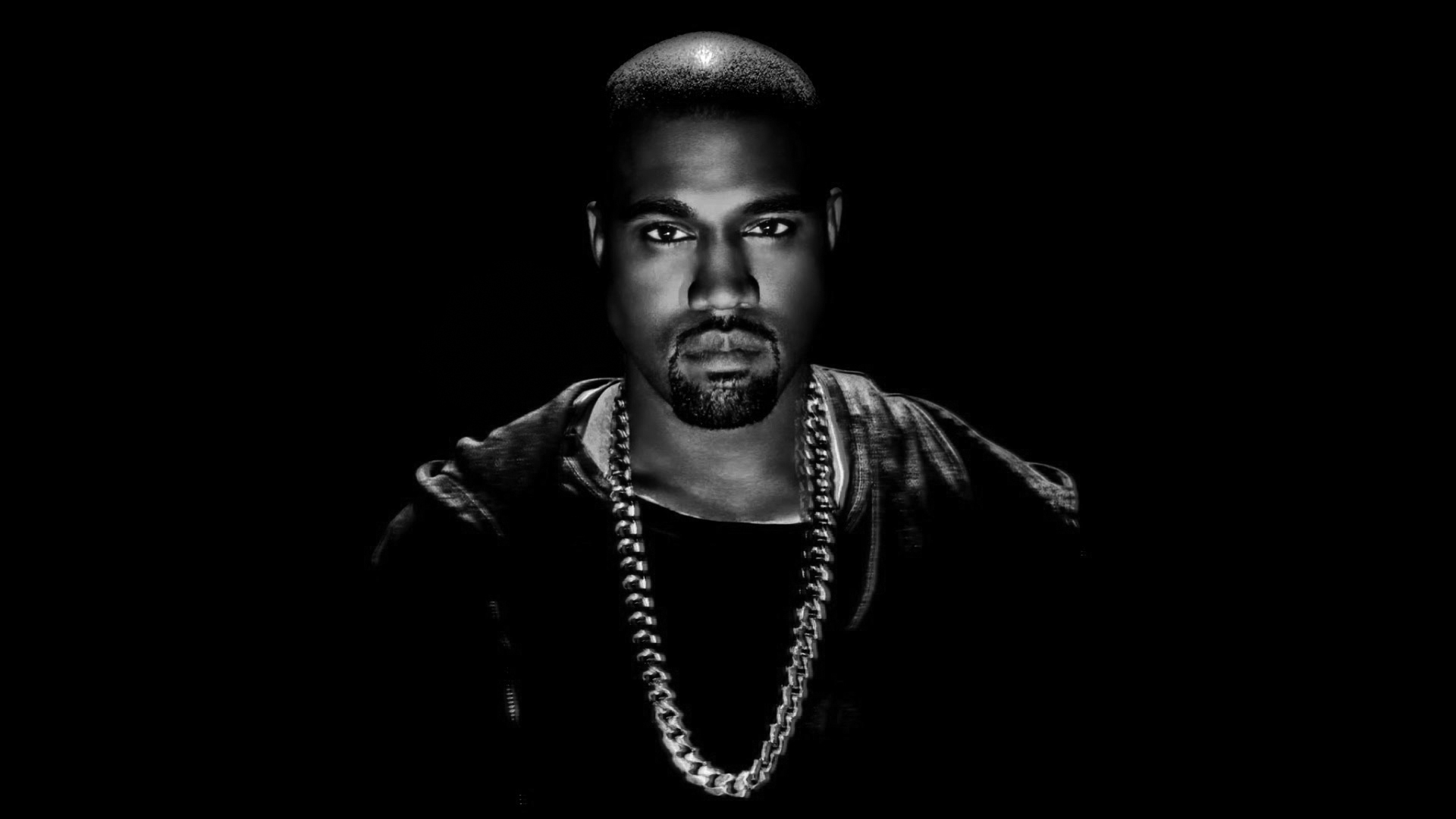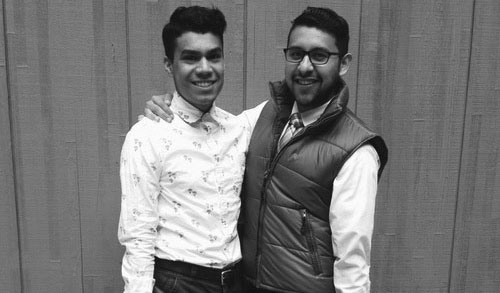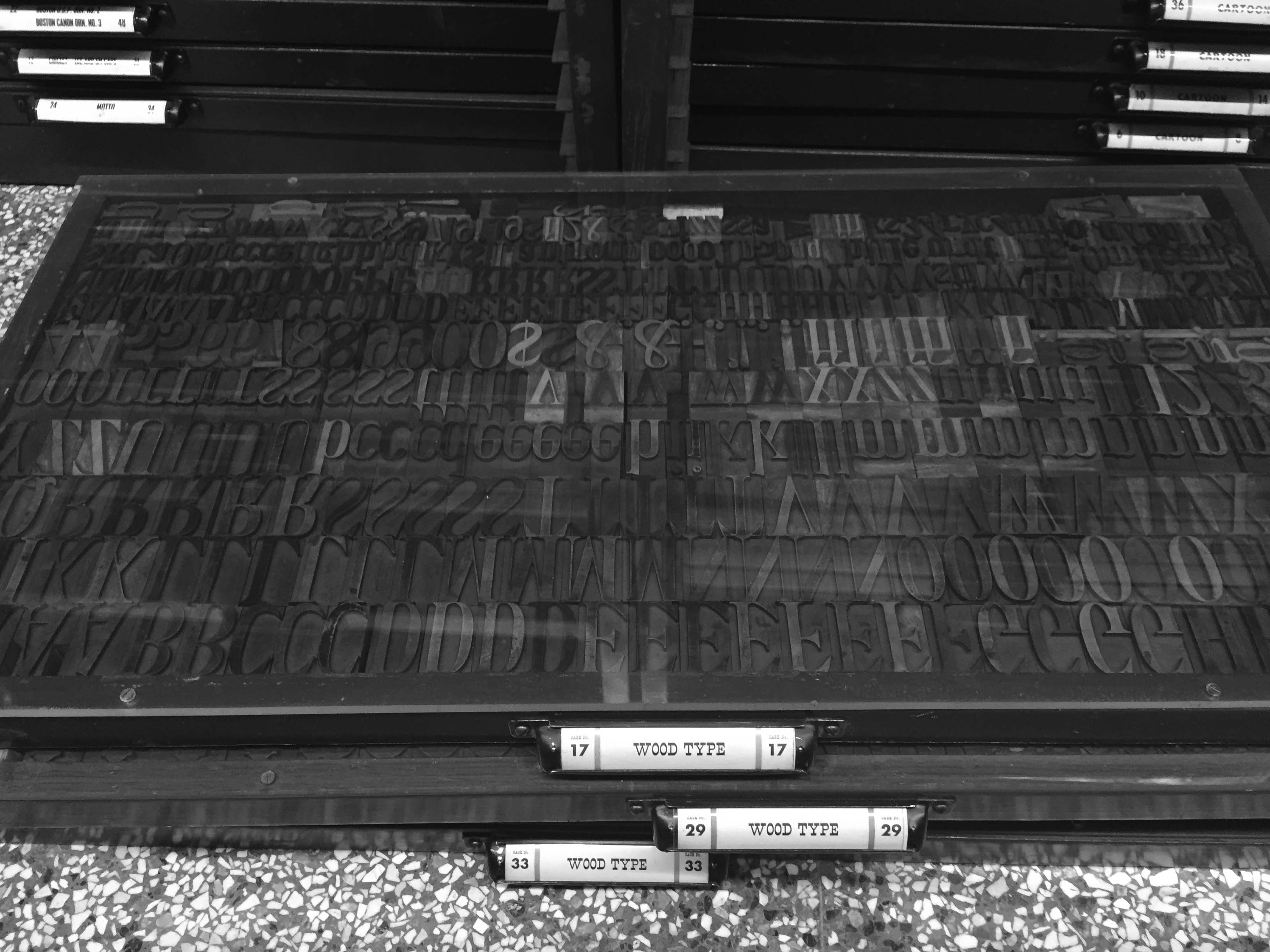NATALIE MOONEY
Guest Writer
mooneynr@plu.edu
Kanye West cannot seem to stay out of the media these days. West has been quite vocal on Twitter lately with rants about money, society and fellow rappers – and amidst all that, he just released his newest album titled “The Life of Pablo” (known as TLOP).
The release was announced on the NBC show “Saturday Night Live,” on which he performed new tracks “Highlights” and “Ultralight Beam.” West also sampled one of the tracks on TLOP, “I Love Kanye” in a sketch with SNL cast member Kyle Mooney.
TLOP was released only on Tidal, a music streaming service created by Jay-Z. Controversially, this album was not released on the more popular outlets like iTunes or Spotify, making it nearly impossible for fans to listen without paying for it.
TMZ reported that Tidal subscriptions doubled following the release of TLOP, and it also set the record number of streams on Tidal.
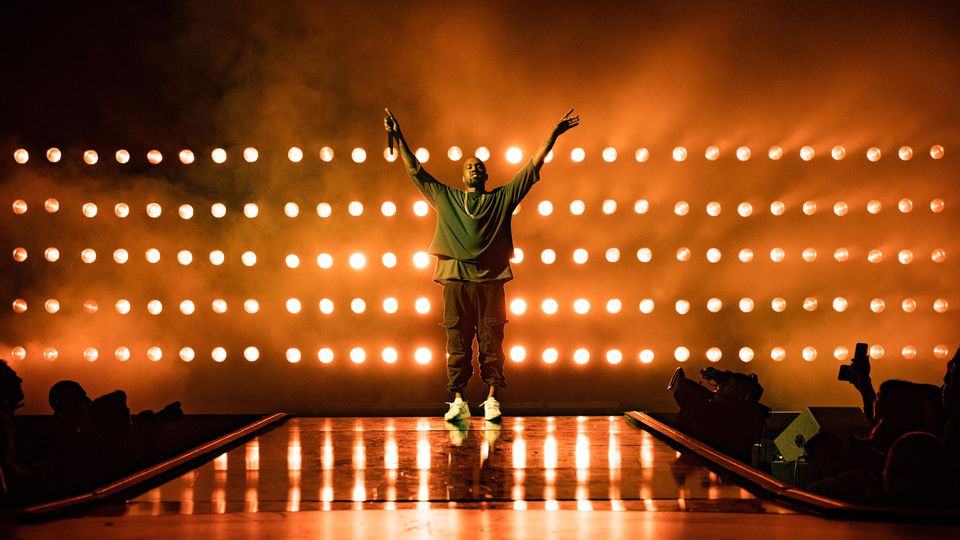 By releasing this album exclusively, West puts his fans in a tough spot as they are forced to decide just how badly they want to experience his new album. While it is illegal to Torrent (illegally download) music, many fans found this the most viable option.
By releasing this album exclusively, West puts his fans in a tough spot as they are forced to decide just how badly they want to experience his new album. While it is illegal to Torrent (illegally download) music, many fans found this the most viable option.
Ironically, Pacific Lutheran University students received an email last week about music piracy. Some Lutes said they had downloaded it using software other than Tidal.
The lack of availability may have led to “The Life of Pablo” failing to even break the top 200 on the Billboard Charts. Tidal also does not release the number of streams per artist to Billboard, so his album could have done very well, but unfortunately those numbers do not factor into the Billboard charts.
A widespread release of this album is set to come in the near future and will feature even more tracks than the original 18 on the Tidal release. It has the potential to do very well in the weeks to come.
JEFF DUNN
News Editor
dunnja@plu.edu
The dust has settled around Kanye West as the juggernaut of events that was “The Life Of Pablo” release comes to a close. The album, released Valentine’s Day exclusively via Tidal, comes with a resurgence of communication from Kanye via Twitter –for better or worse depending on your view.
“This is a gospel album,” he announced during Yeezy Season 3, the part-fashion show, part-album release and listening party befitting Kanye’s maximalist style. The album opens with the heavenly “Ultralight Beam,” immediately establishing the Christian influences Kanye wove into the album.
Both his and Chance’s verse read more like gospel than hip hop, and the full choir mixed with horns and organs takes us home to that sweet spot between genres.
The intense megalomania that comes with super-celebrity will consume and destroy those of us who cannot fathom it. Kanye West is not, however, incapable of fathoming it.
Kanye’s ego explodes across the tracks, taking him to new highs of vanity and new lows of self-deprecation. Even so, he presents himself as the narcissistic anti-hero we know and love – though he’s cracked a bit under the pressure of being a social icon, and we can see his anxieties are peaking through the cracks in TLOP.
See: “Silver Surfer Intermission,” a track that holds no value except to prove that the temporary album title “Waves” was meant as “love and support” for rapper Max B (cited by Wiz Khalifa as the originator of the “wave”).
The album progresses in a much different style than previous Ye releases. Average track time is about three minutes, outliers being “Real Friends,” “No More Parties in L.A.” and “30 Hours.”
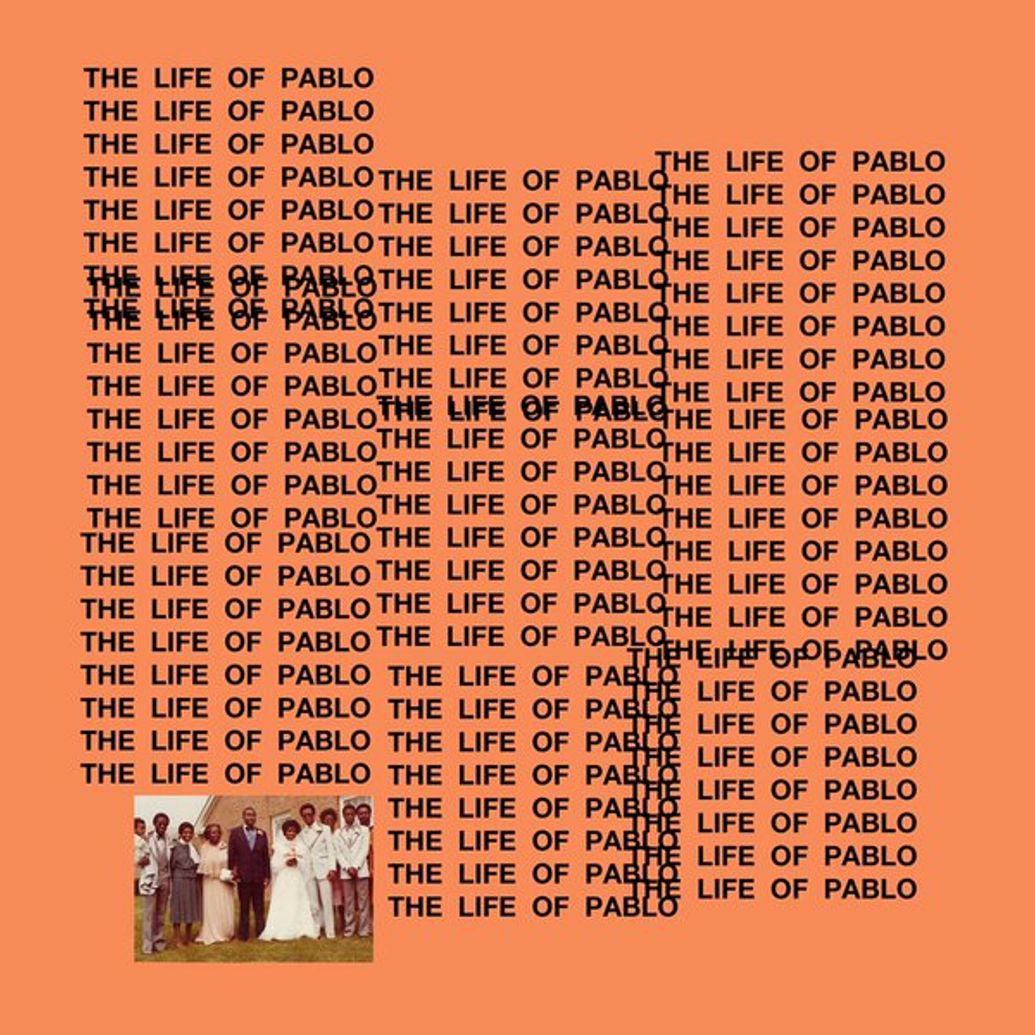 Each track is different from the previous and different from the rest of his discography, but it all still manages to fit together like a piece from one of the album’s namesakes, Pablo Picasso (though music reviewer Anthony Fantano would argue the tracks are “more Jackson Pollock than Pablo Picasso”).
Each track is different from the previous and different from the rest of his discography, but it all still manages to fit together like a piece from one of the album’s namesakes, Pablo Picasso (though music reviewer Anthony Fantano would argue the tracks are “more Jackson Pollock than Pablo Picasso”).
Despite making each track feel different from the others, there are still elements from old jams. “Waves” is reminiscent of the golden choruses on “We Major” and “Devil in a New Dress.” “Freestyle 4” and “Fade” pull from the loud, angry Kanye that made Yeezus. The beat-chopping throughout the album solidifies Ye as the best at what he does.
Kanye draws parallels between himself and the three Pablos (St. Paul the Apostle, artist Pablo Picasso, and drug lord Pablo Escobar) throughout the album. In “No More Parties in L.A.” Kany sees himself as a messenger from God, as an artist pushing his limits and as the enemy of the media (“I feel like Pablo when I’m workin’ on my shoes / I feel like Pablo when I see me on the news / I feel like Pablo when workin’ on my house”).
It’s impossible to analyze his music in a vacuum. While it’s true that a separation of art and artist is possible on a smaller scale, Kanye’s case is different.
He’s an immensely influential artist, with seven full-length albums under his belt since 2003. He’s been in the pop culture spotlight at least since then. He knows the things he says have far-reaching effects. Kanye should know better; Kanye definitely thinks women are objects, definitely thinks he can run for President of the U.S. in 2020, and Kanye thinks Bill Cosby’s innocence is something he can joke about.
Some would argue that TLOP is more spectacle than art. If that were true, wouldn’t that mean that all the preceding rants and tweets and freakouts were all part of this spectacle? Can we reduce Kanye to nothing more than a symbol in the media? Isn’t this exactly what he’s upset about?
All things considered, Kanye is nothing more than a man. A man that has created his magna opus, a piece of work that serves as both a reflection on where he’s been, an intimate peek into his daily life, and a glimpse at what could possibly lie ahead.
















